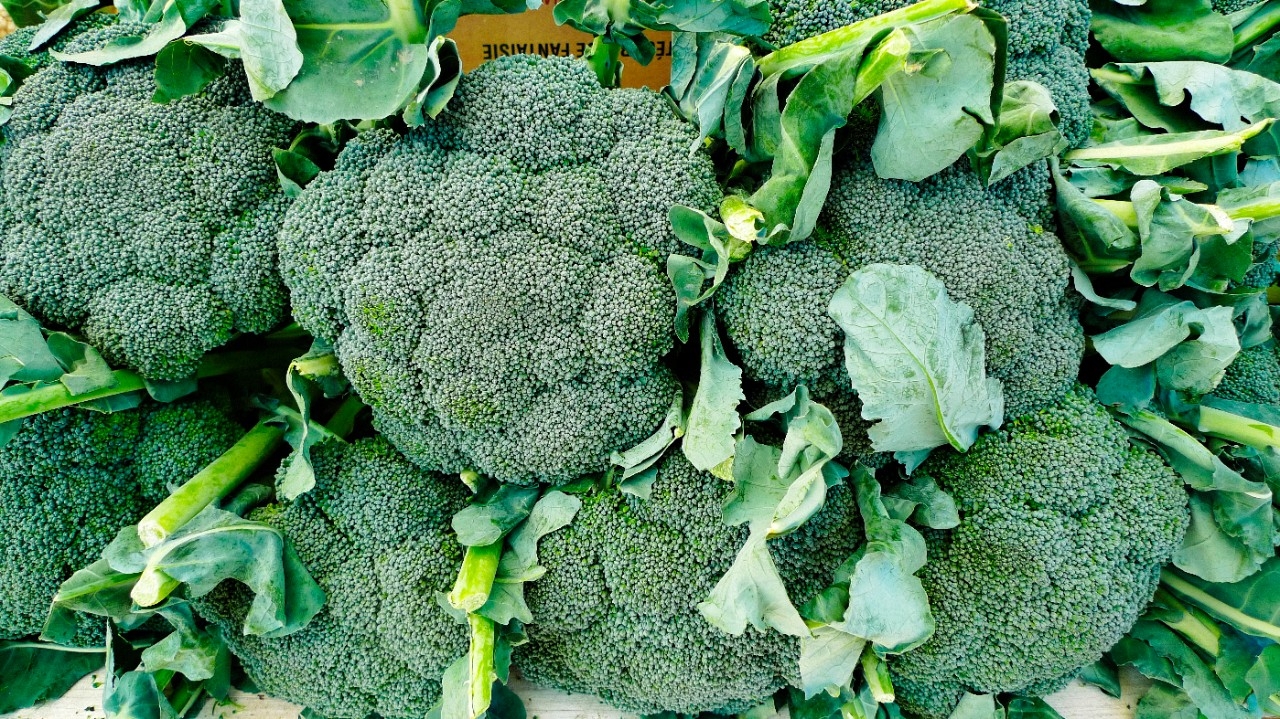New to MyHealth?
Manage Your Care From Anywhere.
Access your health information from any device with MyHealth. You can message your clinic, view lab results, schedule an appointment, and pay your bill.
ALREADY HAVE AN ACCESS CODE?
DON'T HAVE AN ACCESS CODE?
NEED MORE DETAILS?
MyHealth for Mobile
Nutrition Services for Cancer Patients
Nutrition Services for Cancer Patients
Nutrition is an important part of life, cancer treatment, recovery, and prevention. Food is one of the few things you can be in control of during your treatment. The oncology certified registered dietitians at the Stanford Cancer Center are here to help you make informed choices about nutrition, answer your nutrition-related questions, and help you to achieve and maintain good health.
Care and Treatment
Nutritional Management of Chewing and Swallowing Difficulties
Cancer treatments target fast growing cancer cells in your body. Healthy cells that are fast growing can also be damaged. Examples of fast growing cells include cells in the mouth, digestive tract, and hair. These may be affected by cancer treatment. Eating well from the beginning of cancer therapy has been found to prevent mouth problems.
Stomatitis, or mucositis, is the presence of sores in the mouth caused by some anticancer drugs. In addition to being painful, mouth sores can become infected by the many germs that live in the mouth. They can make it difficult to swallow and chew as well. If you develop sores in your mouth, tell your physician or nurse. You may need medication if the sores become painful or prevent you from eating.
The following suggestions may help if you have mouth problems:
Eat the following soft, soothing foods (at cold or room temperature), and puree cooked foods in the blender to make them smoother and easier to eat.
- Ice cream
- Milkshakes
- Baby food
- Soft fruits (bananas and applesauce)
- Mashed potatoes
- Cooked cereals
- Soft-boiled or scrambled eggs
- Yogurt
- Cottage cheese
- Macaroni and cheese
- Custards
- Puddings
- Gelatin
Try to avoid irritating, acidic foods and juices, spicy or salty foods, and rough or coarse foods such as:
- Tomato juice and citrus juice (orange, grapefruit, and lemon)
- Raw vegetables
- Granola
- Popcorn
- Toast
For mouth dryness:
- Drink plenty of liquids.
- Ask your physician if you can suck on ice chips, Popsicles®, or sugarless hard candy. You can also chew sugarless gum. (Sorbitol, a sugar substitute that is in many sugar-free foods, can cause diarrhea in many people. If diarrhea is a problem for you, check the labels of sugar-free foods before you buy them, and limit your use of them.)
- Moisten dry foods with butter, margarine, gravy, sauces, or broth.
- Dunk crisp, dry foods in mild liquids.
- Eat soft and pureed foods.
- Use lip balm or petroleum jelly if your lips become dry.
- Carry a water bottle with you to sip from often.
Recipes
Cancer Fighting Recipe of the Week: Week 3
In honor of Colon Cancer Awareness month, we'll be featuring four colorectal cancer friendly recipes each week during the month of March.
Basil Broccoi
Broccoli, cabbage, collard greens, kale, cauliflower and Brussels sprouts are all cruciferous vegetables. This vegetable family contains powerful phytochemicals, including carotenoids, indoles and glucosinolates and isothiocyanates, which have been studied and shown to slow the growth of many cancers.
Grilled Vegetable Polenta with Pan Roasted Red Pepper and Tomato Sauce
Halibut with Citrus and Garlic
Hearty Beef Stew with Winter Vegetables
Herbed Polenta with Grilled Portobello Mushrooms
Mediterranean Grilled Veggie Pockets
Molasses-Cured Pork Loin with Apples
New American Plate "Tetrazzini" Casserole
Peppers Stuffed with Barley, Parmesan and Onion
Roasted Pork Tenderloin with Maple Mustard Sauce
Seared Scallops with Beet Puree and Arugula Salad
Soft Tacos with Southwestern Vegetables
Spicy Broccoli, Cauliflower and Tofu
Steamed Halibut on Spinach with Lemon Sauce
Summer Tofu Kebab with Peanut Sauce
Turkey Reuben Grilled Sandwiches
Udon Noodles with Spicy Peanut Ginger Sauce
For Patients
PREPARE FOR YOUR APPOINTMENT
- Bring your photo ID and Insurance Card
- Maps, directions, parking, public transit options, and contact information
Ask your physician for a REFERRAL for a Cancer Center Nutrition Appointment
Our dietitians are available for 45 minute consults by appointment only, Monday – Friday from 8 a.m. – 4 p.m.
Download our nutrition appointment flyer.
Questions about your appointment or need to make a change?
RESOURCES
For Health Care Professionals
Our dietitians are available for 45 minute consults by appointment only on: Mondays – Friday, 8 a.m. – 4 p.m.
HOW TO REFER
Call us at 1-650-498-6000 to refer a new patient for a nutrition consultation. If you wish to refer a patient to the Stanford Cancer Center, please call the Physician Helpline.
Download our nutrition appointment flyer.
Returning Patient
Questions about your appointment or need to make a change? Call:
Nutrition Services for Cancer Patients at Stanford Cancer Center Palo Alto
650-498-6000
Nutrition Services for Cancer Patients at Stanford Cancer Center South Bay
408-426-4900




